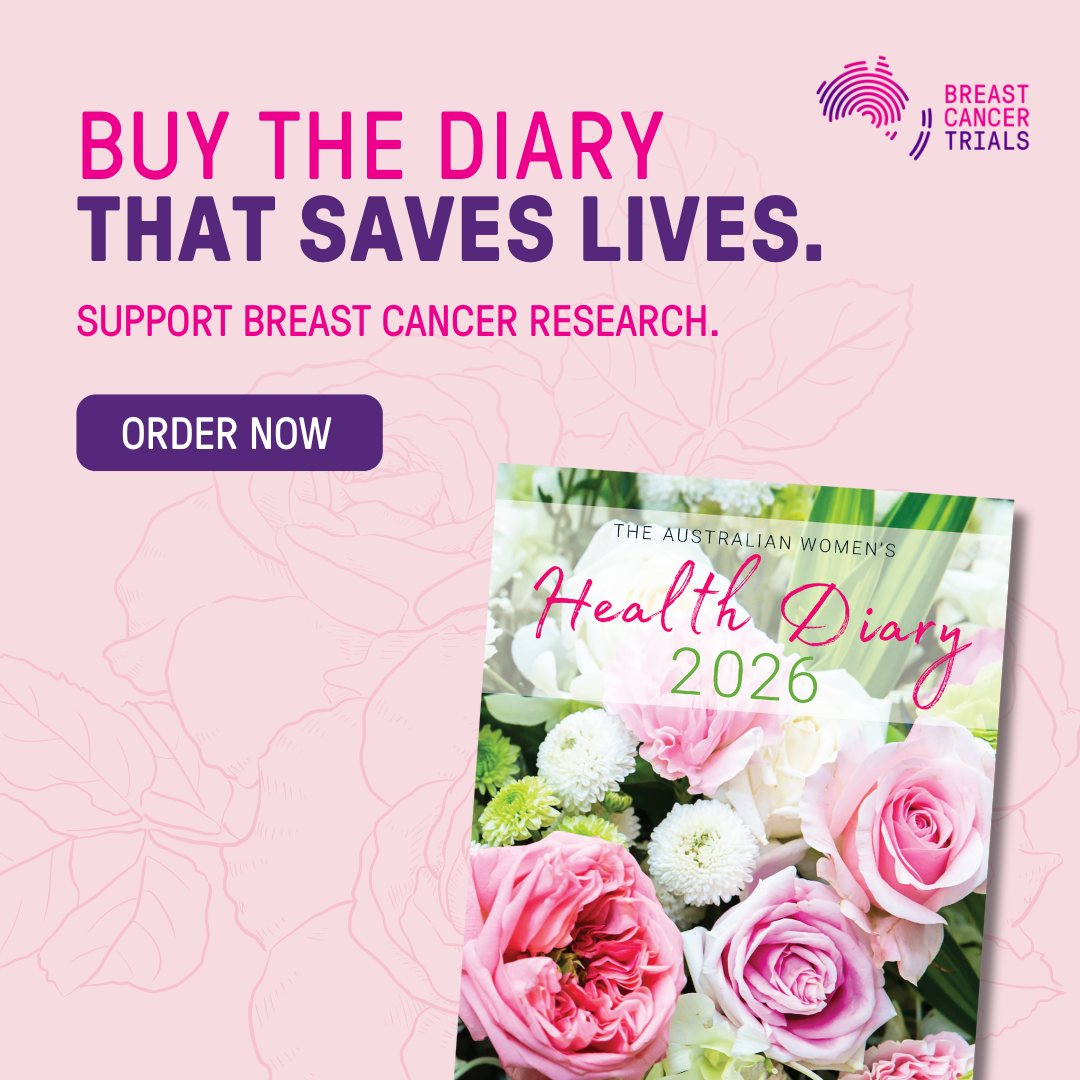I am the first person to stand up and say that those of us who work in the sector are not very good at letting the wider community know the benefits of diversity, equity and inclusion (DEI) and why it is good for all of us.
But before we all get carried away with the myths of wasteful “hiring initiatives,” let’s just take a big deep breath.
If you love the AFL having a women’s league, are as proud of Steve Smith as you are of Annabel Sutherland—then you support equality work.
If you think that girls as well as boys should have access to playing fields around the country for sport, and that all deserve clean toilets—then, yes, again, you support the work of equality and inclusion.
And if you think your gay friend and/or family member should have the right to marry who they love, be safe, and not be verbally abused just because they are gay—then you support equality and diversity in our community.
If you think women should be paid equally, can work the jobs that they want to because they can, not because they are women, and if you think they should be safe in their homes, not cat-called in the streets—then you too think equality and diversity work is a good thing.
Also, if you get a bit irritated when you discover that our friends and family living rurally don’t have the same access to good roads, quality healthcare, and services just like the city folk, then you too share the same hopes as those that work in diversity, equality and inclusion.
If your heart breaks when you hear on the news of another young Aboriginal person in custody, and/or who has died by suicide—if you ask “what could we do better?”—then you support DEI work. In fact you want more of it.
The safety of cars and roads, accessibly light-filled pathways and subways to public transport, making sure that we don’t treat everyone as having the same bodies and diseases in health—these are all part of it.
Ensuring that our government services listen to our specific needs and don’t put us all in the same box, that childcare is available, that young people get access to quality education and training—these are all the same shared views of that DEI sector.
If you get upset by racism, feel the hurt caused by the names that the child of your migrant friend or neighbour gets called at school, of hearing the news of another women getting murdered by her spouse, of young men getting “king hit” when they are just out for a quiet night with friends, of older people getting discriminated against, of people with a disability not being able to get on the bus – you want the work of diversity equality and inclusion to occur.
That feeling of “it’s not fair” is a call for equality, of being inclusive and of respecting that we are all names and not numbers with our own stories.
It’s not only recruitment initiatives in corporate Australia or America. In fact, these are such a small part of equality work.
This work has been done for decades and we know there is more to do. It is done in healthcare, in emergency services, in local government, in sport and recreation organisations, in community services, in schools, in TAFEs, in universities.
It is done by so many people that often don’t have that proverbial “DEI” title. It is work that is mainly done by those who know firsthand and see the impact when the world is not equitable: women, migrants, members of the LGBTQI+ community, people with disabilities, First Nations people and young people. People that so often don’t have a camera to hand, a headline, a pulpit or a press corps at the ready for your quote.
The work of diversity, equity and inclusion is not grand. It’s not launching the train and building roads. It’s not announcing the men’s or women’s team, it’s not cutting a ribbon at a building. It’s quiet work, behind the scenes, often over many years. It is often about giving people a chance, of letting people learn and discover about themselves and others. At times it can be loud – and in my view, the loudness is often so justified, such as the community walking together in Ballarat over family violence.
It may not be any of these bright shiny things, but it is so needed. And when success comes, the returns are more than any state or federal budget could invest in any one ambulance or emergency department, or police car, in any court system or jail.
Australia sees itself as the land of the fair go. Equality, inclusion and diversity is just that. It’s a skill and a profession that has been growing for years, but has its roots deeply in all our communities.
So before you think that all DEI programs are, is something wasteful, out of a corporate office high above the pathway of Collins Street, or George Street or in a hallowed government building, think again.
You will most certainly have benefited from equality, diversity and inclusion work. You are standing in it Australia and benefiting from it, and there is more to do.


